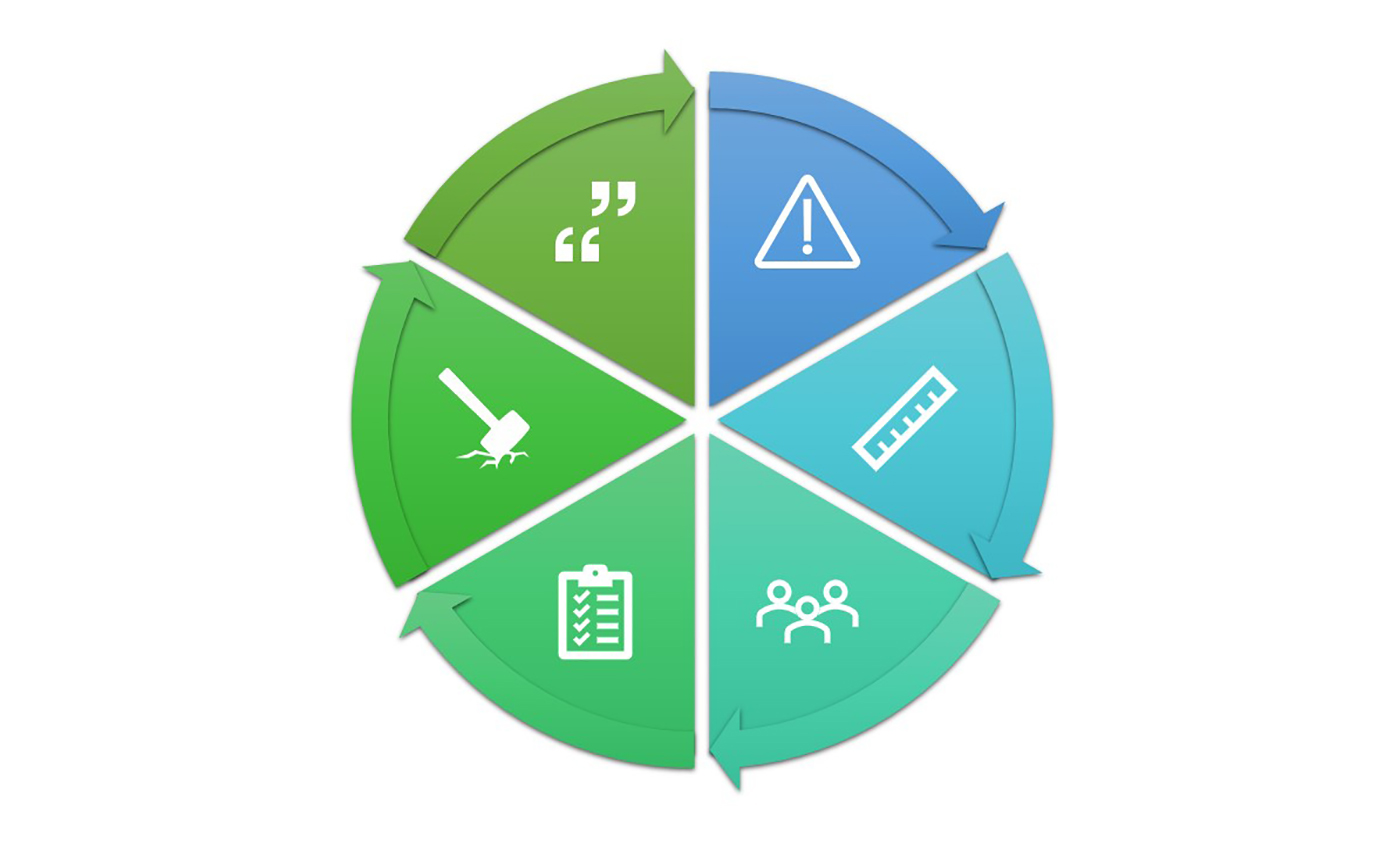Leading Successful Projects in Healthcare Construction Management
A Multifaceted Undertaking

The construction and management of healthcare facilities are crucial to providing quality medical services to communities. Leading successful projects in healthcare construction management requires a unique set of skills and considerations. Healthcare facilities must meet stringent regulatory requirements, ensure patient safety, and create environments that foster healing and recovery. Over the many years working in healthcare construction, there are several key elements that rise to the surface that ensure successful construction management projects in healthcare.
Comprehensive Planning
Effective planning is the cornerstone of any successful healthcare construction project. The planning phase involves identifying the project scope, budget, and schedule. It is crucial to assemble a dedicated team with expertise in healthcare construction management, including architects, engineers, contractors, and project managers.
A well-thought-out project plan should consider all aspects, from site selection and design to regulatory compliance and risk management. Collaborative planning ensures that the project stays on track and avoids costly delays and redesigns.
Regulatory Compliance
Healthcare construction projects are subject to a myriad of regulations and standards, including those related to patient safety, infection control, and environmental impact. Ensuring compliance with these regulations is paramount.
Experienced healthcare construction managers are well-versed in navigating these regulatory frameworks. They maintain open lines of communication with relevant authorities and keep abreast of changes in regulations. By proactively addressing compliance issues, they avoid costly setbacks and ensure the facility’s readiness for accreditation and licensing.
Infection Control and Patient Safety
In healthcare construction, maintaining a sterile and safe environment is non-negotiable. The construction team must implement strict infection control measures to protect patients, staff, and visitors. This includes creating isolated work zones, maintaining air quality, and minimizing dust and debris.
Healthcare construction managers play a vital role in enforcing these precautions. They ensure that contractors and workers follow safety protocols and maintain a secure and controlled construction environment. Regular inspections and audits are necessary to uphold these standards throughout the project.
Risk Management
Risk management is a constant concern in healthcare construction management. Unforeseen issues can lead to project delays and cost overruns. Experienced project managers anticipate potential risks and develop strategies to mitigate them.
Comprehensive risk assessments should cover various aspects, such as financial risks, natural disasters, and unforeseen regulatory changes. Effective risk management involves developing contingency plans and working closely with insurance providers to minimize financial exposure.
Technology Integration
The incorporation of cutting-edge technology is becoming increasingly important in healthcare construction management. Building Information Modeling (BIM), for example, allows for a detailed and accurate representation of the facility, streamlining the design and construction process. Additionally, IoT (Internet of Things) can be integrated to create smart healthcare facilities that optimize operations, enhance patient care, and reduce energy consumption.
Healthcare construction managers should have a good understanding of these technologies and ensure that they are seamlessly integrated into the project.
Collaboration and Communication
Communication and collaboration are key to the success of healthcare construction projects. Effective communication among the project team, stakeholders, and contractors ensures that everyone is aligned with the project’s goals and requirements. Regular meetings, progress reports, and clear documentation help to keep everyone on the same page.
Additionally, healthcare construction managers should foster a culture of teamwork and collaboration, promoting a positive and productive working environment. Strong leadership and open communication channels are essential for managing any challenges that may arise.
In Summary
Leading successful projects in healthcare construction management is a multifaceted undertaking that demands a blend of expertise, strategic planning, and strong leadership. The unique challenges associated with healthcare construction, including stringent regulations, patient safety concerns, and the integration of advanced technology, require a specialized approach.
Effective healthcare construction managers play a pivotal role in ensuring that projects are completed on time, within budget, and to the highest standards. Their comprehensive planning, regulatory expertise, risk management, and commitment to patient safety are essential to the successful construction and management of healthcare facilities that support the well-being and recovery of patients.
About Parris Construction Management: Parris is a family-owned construction management company. We work with owners, property managers, architects and designers, and specialize in the construction of meaningful spaces for leading clients in healthcare, hospitality and education. We retain 100+ years of collective construction expertise, 30+ years of active buying experience in the industry and pride ourselves on delivering outstanding quality.














